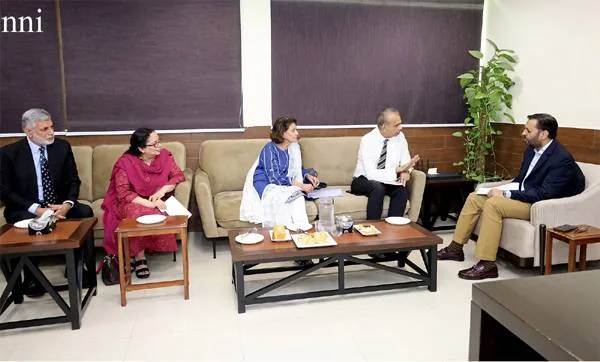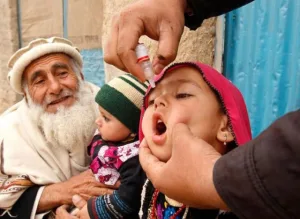Pakistan and WHO Join Forces to Intensify Hepatitis C Eradication Efforts
Pakistan and the World Health Organization (WHO) have committed to a collaborative effort aimed at accelerating the fight against Hepatitis C within the country. This agreement was formalized during a recent high-level meeting, signaling a renewed commitment to tackling this significant public health challenge.
Key Objectives of the Collaboration
- Enhanced Screening Programs: A primary focus will be on expanding Hepatitis C screening programs to identify and diagnose more cases early on.
- Improved Treatment Access: The partnership aims to ensure that more patients have access to affordable and effective treatment options.
- Awareness Campaigns: Joint efforts will be made to raise public awareness about Hepatitis C, its transmission, prevention, and the importance of early detection.
- Capacity Building: The WHO will provide technical support and training to healthcare professionals in Pakistan to enhance their capacity to manage and treat Hepatitis C.
Why This Matters
Hepatitis C is a major public health concern in Pakistan, with a significant portion of the population affected by the virus. Left untreated, it can lead to serious liver damage, cirrhosis, and liver cancer. This collaboration between Pakistan and the WHO represents a crucial step forward in addressing this health crisis.
Expected Outcomes
- A reduction in the prevalence of Hepatitis C in Pakistan.
- Improved quality of life for those living with the virus.
- A stronger healthcare system better equipped to manage Hepatitis C.
Final Overview
The collaborative agreement between Pakistan and the WHO signifies a strong commitment to combating Hepatitis C. By focusing on enhanced screening, improved treatment access, awareness campaigns, and capacity building, this partnership has the potential to make a significant impact on public health in Pakistan.




+ There are no comments
Add yours